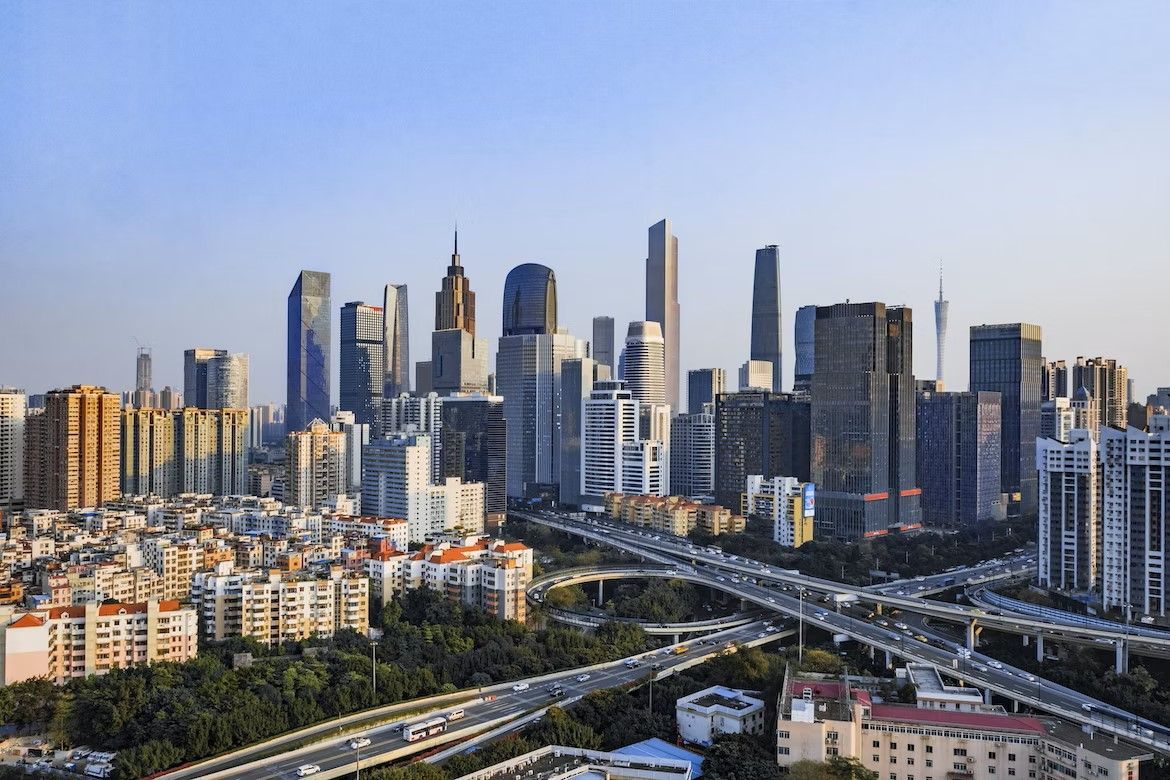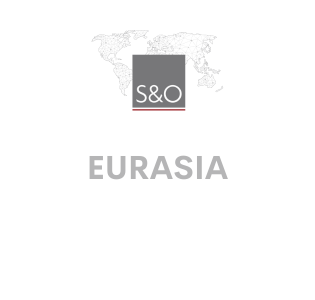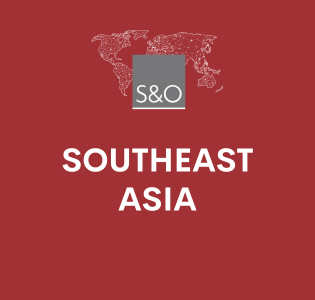MEDICATION IN KAZAKHSTAN: HEALTH PROTECTION OR COMBATTING COUNTERFEITS?
18 Jul 2024
EURASIA
share
Starting July 1, 2024, Kazakhstan will implement mandatory labeling and tracking of all medicinal products. According to WHO data, one in ten drug packages in developing countries is counterfeit. In Kazakhstan, the share of such counterfeit drugs exceeds 10-12 percent, posing a serious threat to the nation's health and economy.
"The main goal is to eradicate the illegal trade in medicines, including those used in state-funded medical programs and mandatory health insurance. This will lead to an increased level of health protection for the population. Moreover, the system will allow for price regulation of medicines," said Nurlan Iskakov, head of the Committee for Medical and Pharmaceutical Control of the Ministry of Health of the Republic of Kazakhstan.
Digital labeling and tracking of medicinal products is a necessary step to combat counterfeiting and illegal sales. The system enables the tracking of the product's legality from the manufacturer to the end consumer. Many advanced countries have already recognized the importance of this step and are actively implementing it.
The implementation of labeling will not lead to an increase in retail prices for medicines. On the contrary, it will help reduce inflation rates and boost the development of honest businesses by eliminating counterfeits. Government agencies will also gain a tool for prompt response to unscrupulous actions in the pharmaceutical market.
An example of the need for timely implementation of labeling can be seen in the dairy industry. In 2022-2023, the price of a liter of milk increased by 60 percent. The introduction of milk labeling in 2021 could have clarified the causal relationships of this phenomenon.
For honest businesses, labeling is an opportunity to expand their market share by eliminating counterfeits and unfair competition. For consumers, it means they can verify the legality of the medicines they purchase using a free app, protecting themselves and their loved ones from dangerous counterfeits.
"We are about 80 percent ready. We hope that labeling will help us combat gray imports and counterfeiting," said Bogdan Petrov, a logistics specialist at "Innotech International Laboratory."
However, there are opponents of labeling who argue that it will lead to higher prices and the closure of small pharmacies. But it should be noted that pharmacies are already selling labeled products. Since November 2022, labeling has covered 90 items, and local manufacturers and importers continue to label their entire range of products.
If you have any inquiries regarding intellectual property matters, please don't hesitate to contact us at [email protected].




